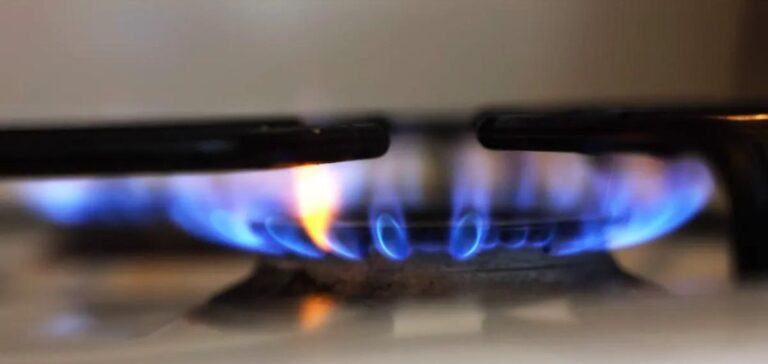The State of New York voted on Tuesday night to ban all gas and other fossil fuel stoves and heaters in all new residential, office and government buildings by 2029, a first in the United States.
The legislature of the country’s fourth-largest state (population 20 million), led by center-left Democrats, has approved a $229 billion budget for 2023-24 that includes a requirement for ovens, hot plates and electric heaters in future construction, according to a statement from New York lawmakers and the Washington Post, which broke the story.
“Changing the way we produce and use energy to reduce our dependence on fossil fuels will help ensure a healthier environment for us and our children,” New York Legislature Speaker Carl Heastie enthused in the release.
The gas ban, if enacted and not overturned in court, will have to be implemented in small residential and office buildings under seven stories by 2026 and three years later for high-rise buildings. According to the Washington Post, this is unprecedented in the United States, where a controversy over gas stoves had agitated the political world in January.
In an interview with Bloomberg, Richard Trumka, a member of the U.S. Consumer Product Safety Commission (CPSC), said that because of the pollution and health risks of this type of stove, a ban on them was possible. Faced with an outcry from Republicans and the US gas lobby, the White House had to assure that President Joe Biden “does not support a ban on gas stoves” and that the “independent commission will not ban them”.
Two recent scientific studies, which have been the subject of much debate, have pointed the finger at gas cooking as being responsible for more than 12% of cases of childhood asthma in the United States and the European Union, where 35% and 30% of kitchens use gas respectively. This rate is 52% in New York State.
“In this budget, we are taking important steps to reduce our carbon emissions and shift from fossil fuels to renewable energy sources … to become a cleaner, greener state,” praised Didi Barrett, a Democratic Assemblywoman from New York, where environmentalists are making their voices heard. Although environmental and energy standards, especially for housing, are less stringent than in Europe, New York State adopted an ambitious climate law in July 2019.





















